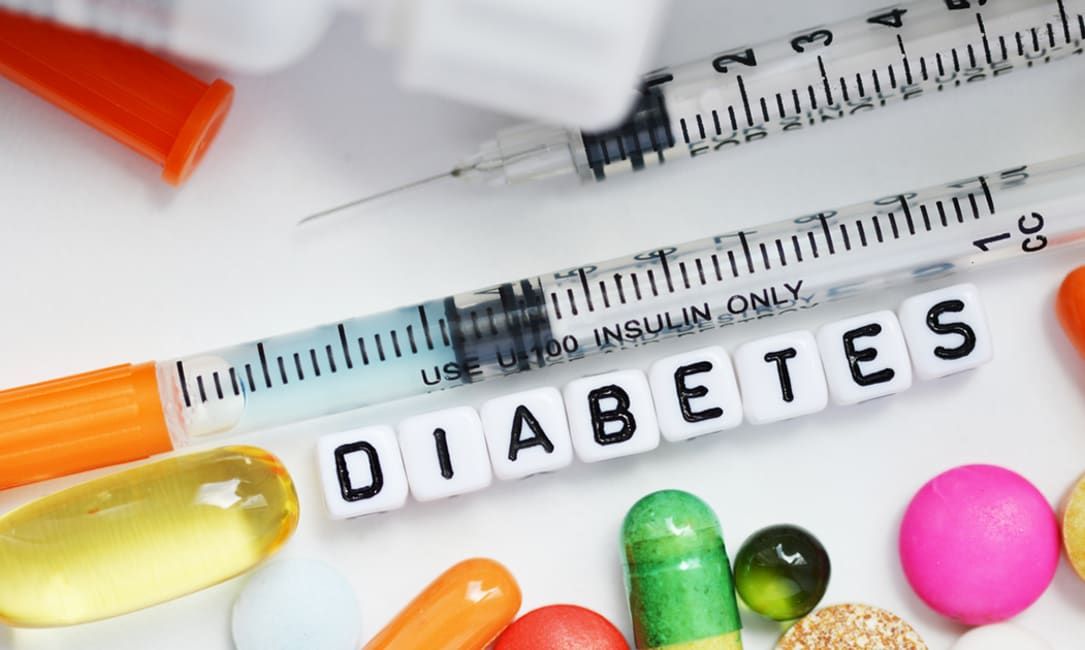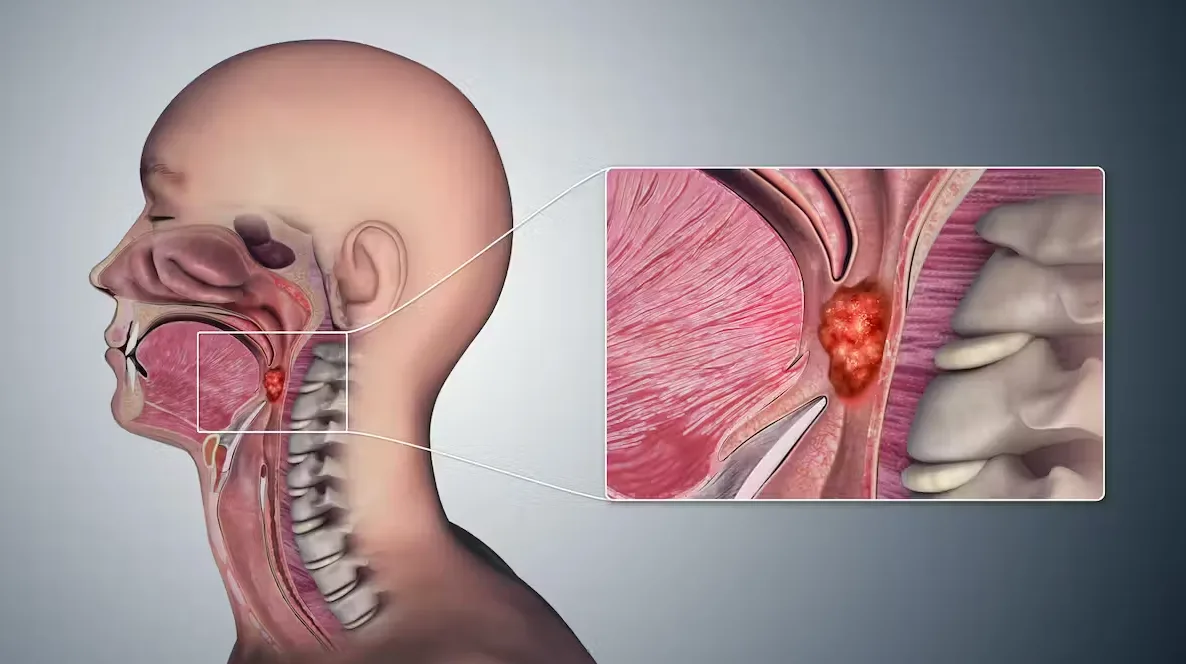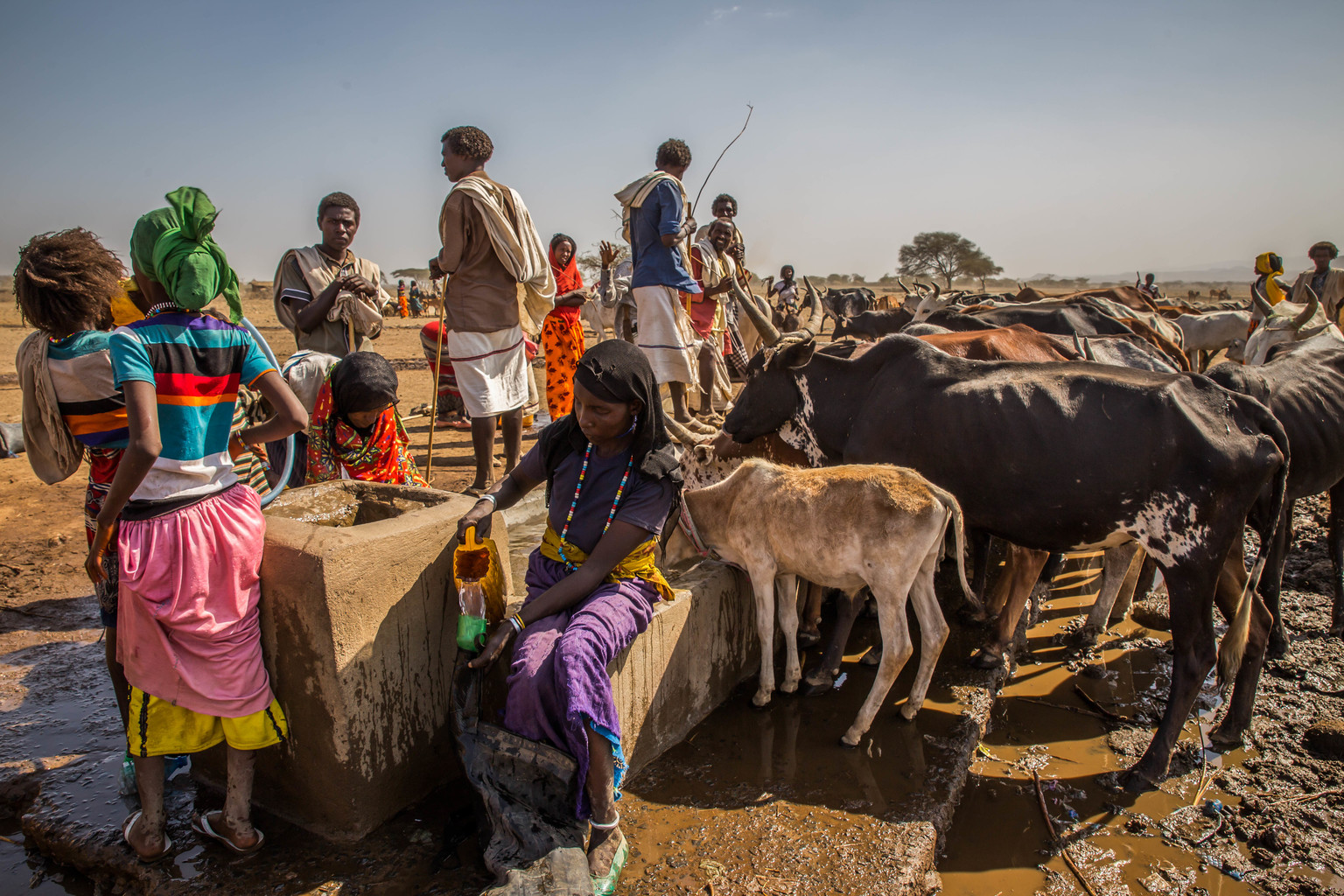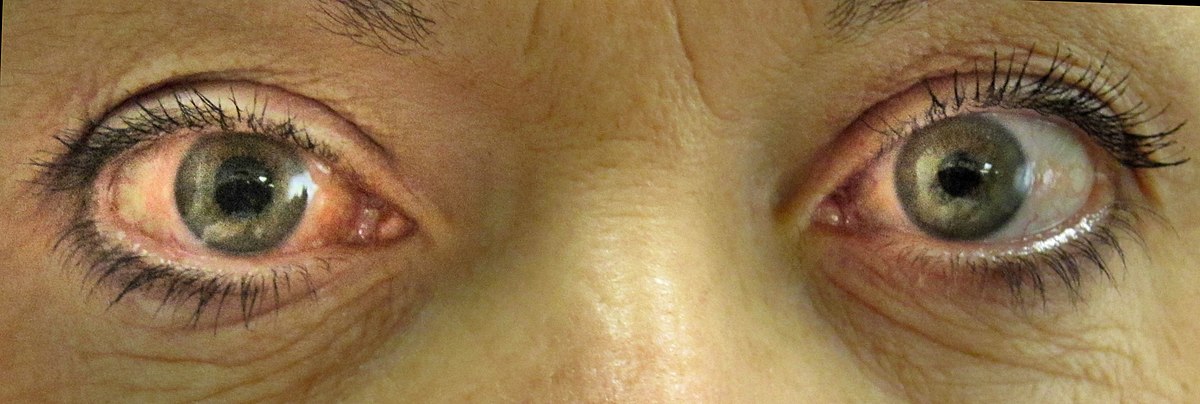Diabetes has become one of the most pressing health challenges of our time, affecting more than 400 million people worldwide. What makes this disease particularly concerning is that millions of people are living with it without even knowing. The condition often develops silently, and by the time noticeable symptoms appear, complications may have already begun.
In Kenya, this silent epidemic is growing rapidly. According to the Ministry of Health and the Kenya Diabetes Management and Information Centre, nearly one in every 17 Kenyan adults is living with diabetes, though many remain undiagnosed. The 2015 Kenya STEPwise survey revealed alarming trends: poor dietary habits, decreased physical activity, and rising obesity rates are putting more Kenyans at risk than ever before.
Kenya’s Growing Challenge
The transformation of Kenyan society has created the perfect conditions for diabetes to flourish. Our grandparents lived vastly different lives, walking everywhere, eating fresh vegetables from their farms, and rarely encountering the processed foods that now dominate our diets. Modern Kenyan life often includes sugary breakfasts, long hours sitting in traffic or at desks, fast food meals, and evenings spent inactive.
The numbers paint a clear picture of this health crisis. The Ministry of Health data shows that urban areas are experiencing the highest rates of diabetes, but rural communities are quickly catching up as lifestyles change and processed foods become more accessible.
Why Diabetes Goes Undetected
Diabetes is often called “the silent killer” because it doesn’t announce itself with dramatic symptoms. Unlike a broken bone or high fever, diabetes creeps in quietly, disguising itself as everyday tiredness, stress, or the natural effects of ageing.
Many people only discover they have diabetes when they develop serious complications such as vision problems, kidney disease, or wounds that refuse to heal. This delayed diagnosis is precisely why healthcare professionals emphasise the critical importance of regular screening, especially for individuals with risk factors like family history, obesity, or high blood pressure.
Warning Signs You Shouldn’t Ignore
Your body has its own way of signalling when blood sugar levels are consistently high. Recognising these early warning signs could be life-saving:
Frequent urination and excessive thirst: When excess sugar builds up in your blood, your kidneys work overtime to filter it out, leading to frequent bathroom trips and constant thirst as your body tries to replace lost fluids.
Unexplained weight loss: Despite eating normally or even more than usual, you may lose weight because your body cannot properly use glucose from food for energy, forcing it to break down fat and muscle instead.
Persistent fatigue: This isn’t ordinary tiredness from work or stress. Diabetes fatigue is a deep, persistent exhaustion that adequate rest cannot relieve, leaving you feeling drained even after a full night’s sleep.
Blurred vision: High blood sugar levels can cause the tiny blood vessels in your eyes to swell, affecting your ability to focus clearly and see properly.
Slow-healing wounds and frequent infections: Your body’s ability to fight infections and heal cuts becomes compromised when blood sugar levels remain consistently elevated.
Women may also experience recurring yeast infections, while men might face erectile dysfunction as additional warning signs.
Why Cases Are Rising in Kenya
Several factors unique to Kenya’s changing society contribute to the increasing diabetes rates:
Urban lifestyle changes: As more Kenyans move to cities for work, physical activity decreases dramatically while access to processed foods and sugary drinks increases. Desk jobs replace physical labour, and transportation replaces walking.
Changing food culture: Traditional Kenyan meals were naturally balanced with plenty of vegetables, moderate portions of staples like ugali, and lean proteins. Modern urban diets often feature large portions of refined carbohydrates, fried foods, sodas, and fewer vegetables.
Limited screening access: In many rural areas, people only visit healthcare facilities when already ill. Regular check-ups and preventive screening aren’t yet culturally normalised, allowing diabetes to progress undetected for years.
Genetic factors: Research indicates that certain African populations have higher genetic susceptibility to diabetes. Combined with lifestyle changes, this creates increased vulnerability.
The Kenya Diabetes Association reports that urban counties like Nairobi, Mombasa, and Kisumu show the highest diagnosed case numbers, though rural areas are rapidly closing this gap as connectivity and lifestyle changes spread.
The Importance of Early Detection
Early diabetes detection can completely transform the disease’s progression. Healthcare providers consistently report that patients diagnosed early who make appropriate lifestyle changes often maintain completely normal lives. Those who receive late diagnoses after complications develop face significantly more challenging treatment journeys.
The Kenya National Diabetes Strategy recognised this reality, emphasising that early testing benefits not only individual health but also reduces massive healthcare costs associated with treating diabetes complications.
Testing is more accessible than many people realise. Most hospitals and clinics across Kenya can perform basic blood sugar tests. Anyone over 40, those who are overweight, and those who have family members with diabetes should consider making annual screening as routine as blood pressure checks.
Managing Diabetes Successfully
A diabetes diagnosis doesn’t mean life is over. Many people discover that managing their condition leads them to adopt healthier lifestyles than they’ve maintained in years.
Smart nutrition: Managing diabetes doesn’t require giving up favourite foods entirely. It involves learning healthier preparation methods and understanding appropriate portion sizes. You can still enjoy ugali, perhaps with more sukuma wiki and smaller starch portions. Traditional vegetables like kunde, managu, and terere are excellent diabetes-friendly choices.
Regular physical activity: Expensive gym memberships aren’t necessary. Daily neighbourhood walks, dancing to favourite music, or vigorous housework can effectively help control blood sugar levels.
Consistent medication use: If doctors prescribe medication or insulin, taking it consistently is crucial. Work with healthcare providers to find options that fit your lifestyle and budget.
Blood sugar monitoring: Tracking blood sugar levels helps you understand how different foods, activities, and stress levels affect your body’s response.
Organisations like the Changing Diabetes in Children programme and the Kenya Defeat Diabetes Association work tirelessly to make diabetes care more accessible and affordable nationwide. They provide education, support groups, and sometimes assistance with medication costs.
Taking Control of Your Health
Diabetes is becoming increasingly common in Kenya, but it doesn’t have to be inevitable. Every day brings choices about eating, physical activity, and seeking medical care. These seemingly small decisions accumulate to create massive impacts on overall health.
If you’ve been dismissing symptoms that might represent your body’s call for help, don’t delay any longer. Visit your nearest health facility and request a simple blood sugar test. This could become one of the most important health conversations you have.
For those already managing diabetes, remember that proper management, family and friend support, and regular medical care enable you to continue living full, active, and joyful lives.
The choice remains yours. Will you catch this condition early and take control, or become one of millions walking around unaware while diabetes silently impacts your health? Your future self will appreciate the decision you make today.
In the fight against diabetes, knowledge serves as your most powerful weapon, early detection provides your best defense, and lifestyle changes create your path to victory. The time for action is now.













Leave a Reply